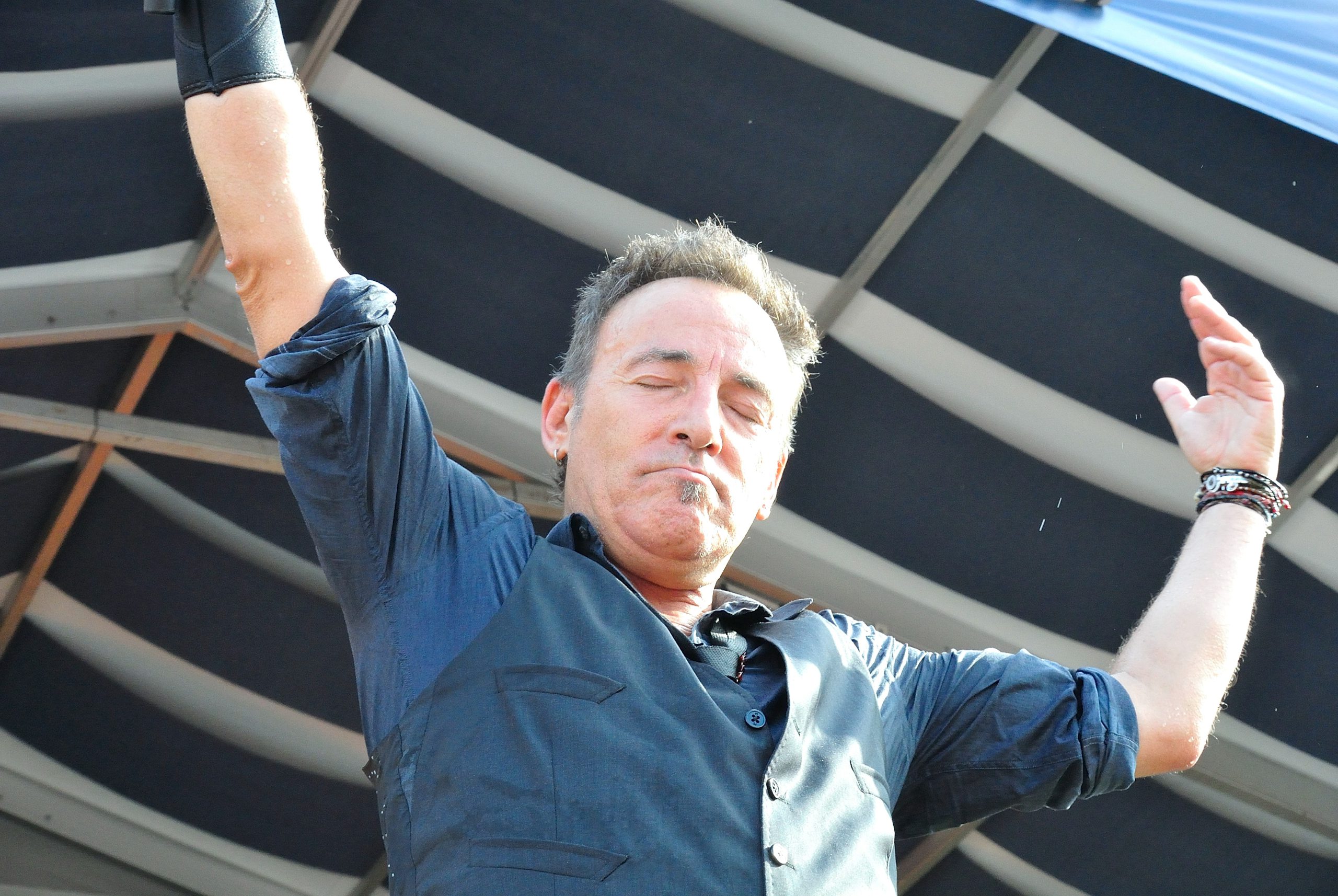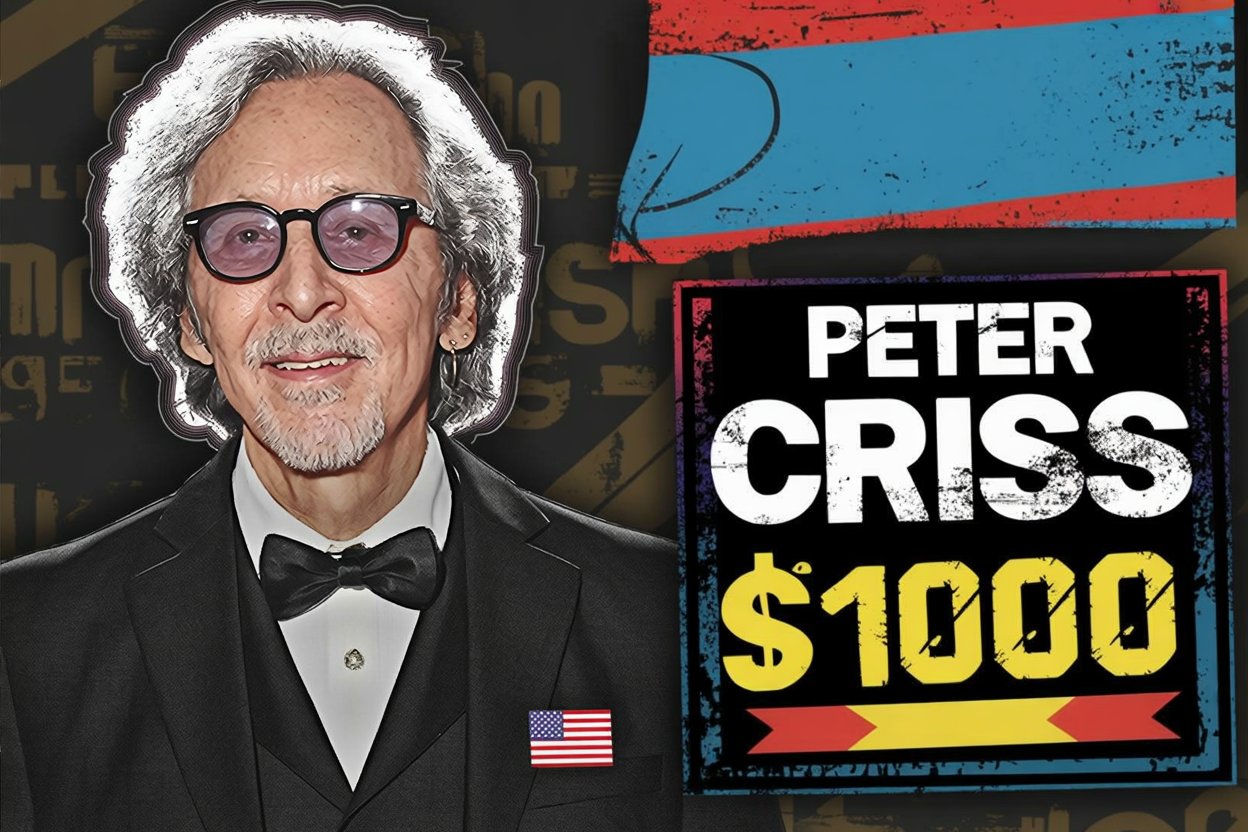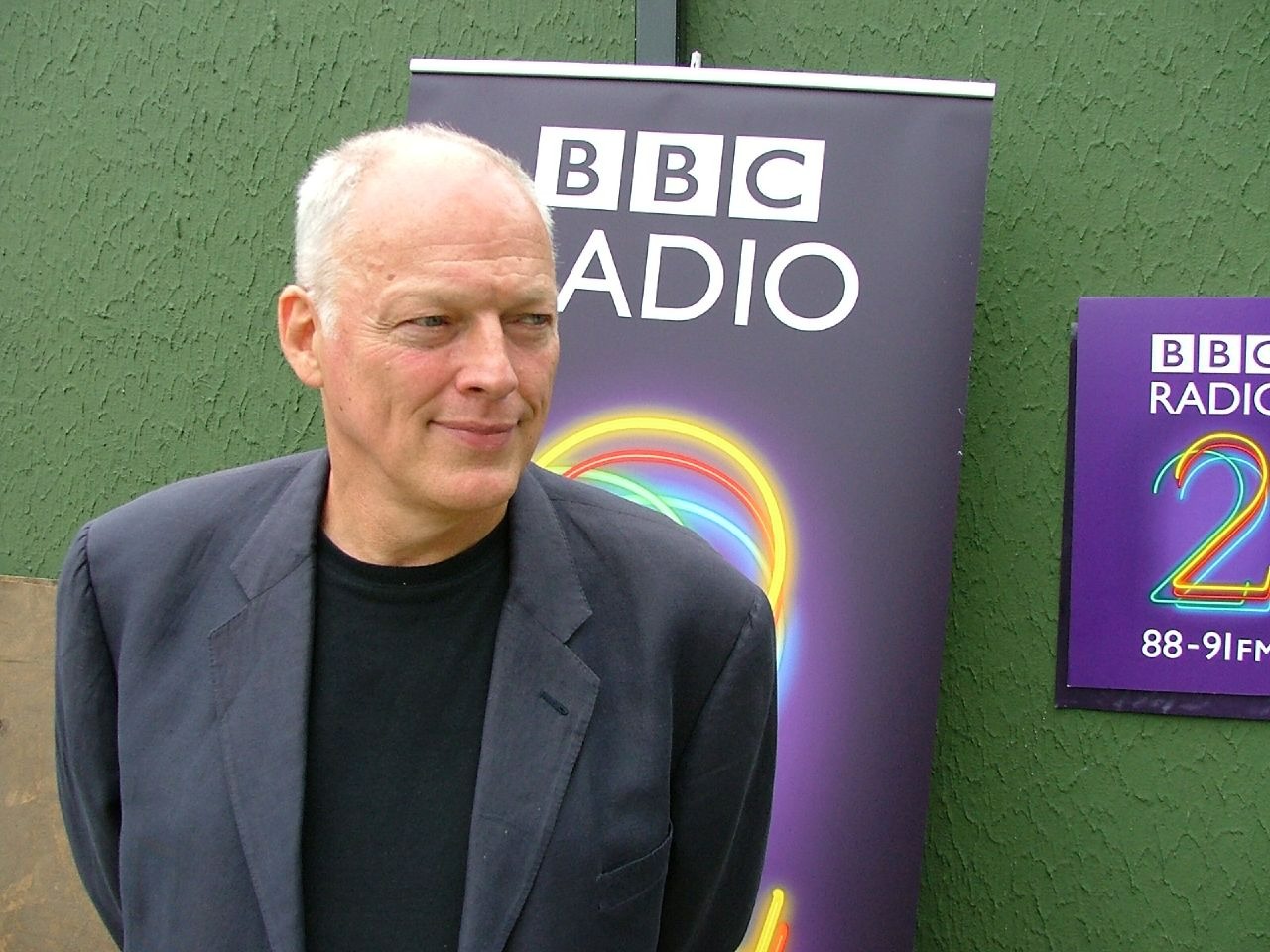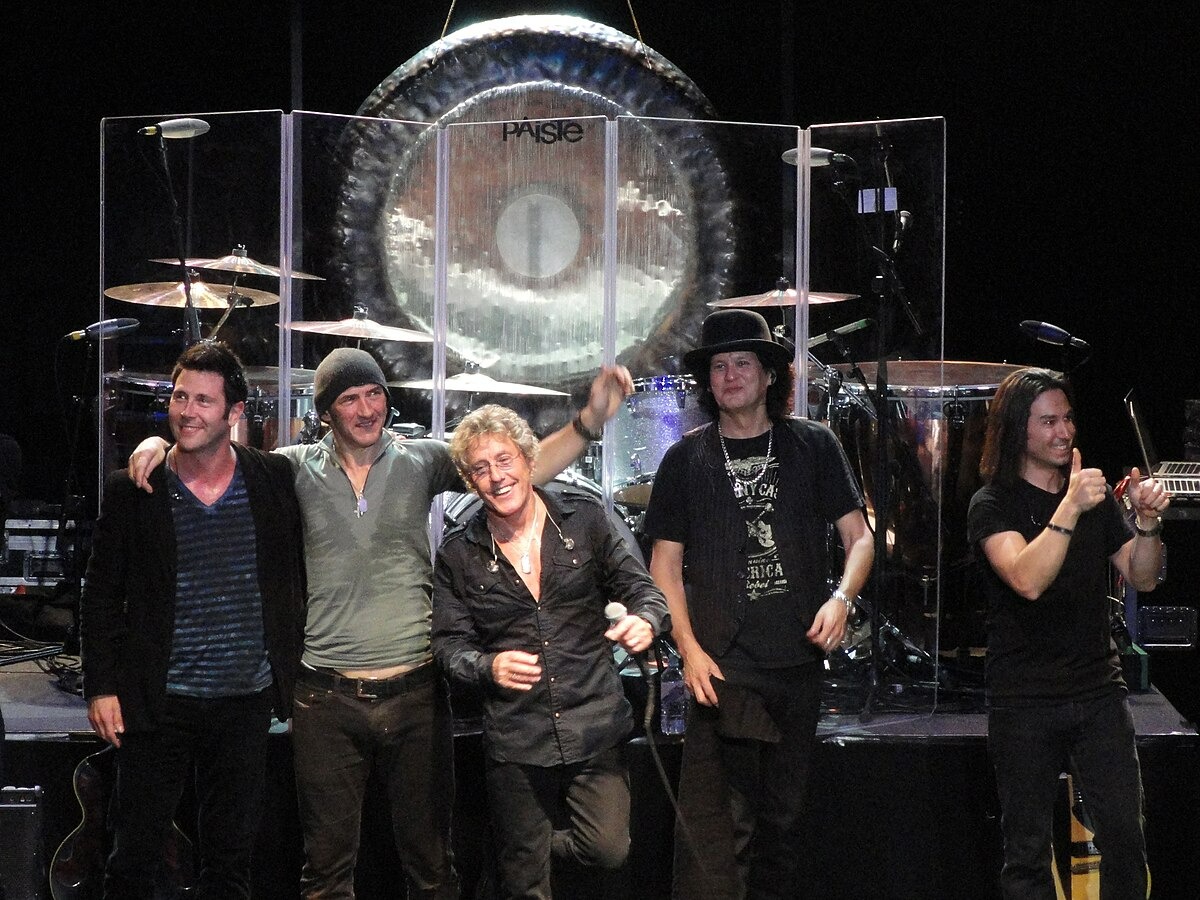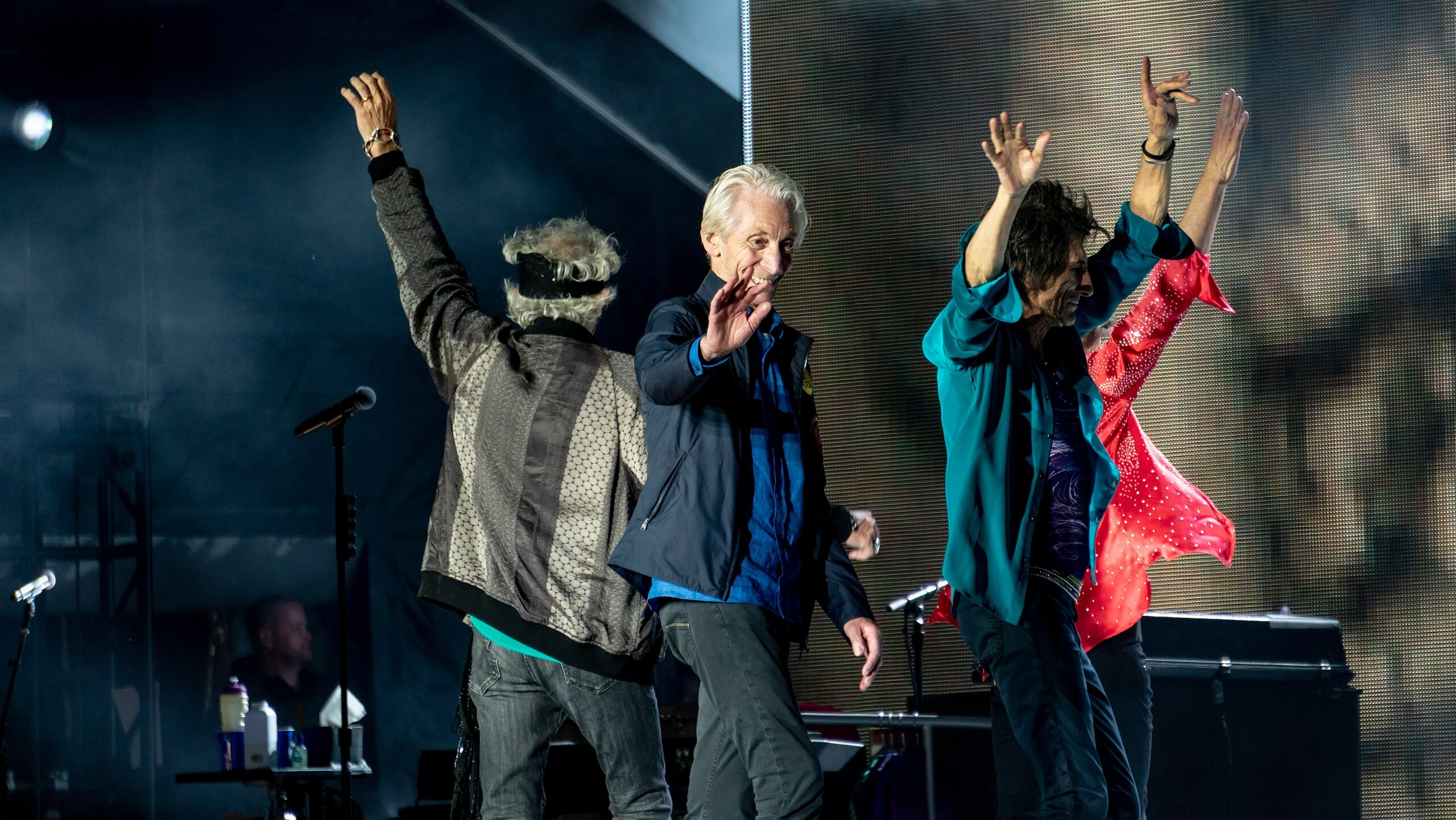America’s most famous blue-collar troubadour just landed on Forbes’ billionaire list, creating a cultural contradiction sharper than a power chord. Bruce Springsteen, whose Born in the U.S.A. painted vivid portraits of factory closures and economic despair, now sits on an estimated $750 million to $1.2 billion fortune. You can practically hear the irony echoing through empty steel mills.
The Sony Sale That Changed Everything
A half-billion-dollar catalog deal transforms the working man’s poet into corporate royalty.
The 2021 Sony deal—$500 million for his music catalog—marked more than a business transaction. It represented the moment Springsteen’s art officially became a commodity worth more than most corporations.
The Boss himself has acknowledged this wealth-versus-message tension, reflecting publicly on representing hardship while living in luxury. It’s the musical equivalent of champagne socialism, except the champagne costs more than most people’s houses.
Political Positioning Meets Fan Base Reality
Progressive politics clash with the very demographic his music originally celebrated.
Springsteen’s vocal support for comprehensive immigration reform and Democratic candidates creates an awkward dynamic with working-class fans who once saw him as their voice. His progressive stance on social justice issues—admirable in principle—can feel disconnected from the economic anxieties his songs so powerfully captured.
When you’re worth more than small countries’ GDP, advocating for the disadvantaged requires serious cognitive gymnastics.
The Authenticity Paradox
Industry observers debate whether wealth automatically disqualifies working-class credibility.
Music critics remain divided on whether Springsteen’s fortune invalidates his artistic legacy or simply reflects capitalism’s ability to monetize even anti-establishment sentiment. His influence on American rock remains undeniable—five decades of storytelling that shaped how we understand economic decline and community loss.
Yet wealth insulates artists from the very struggles they chronicle, creating what some call “poverty tourism” through song.
The Boss embodies modern celebrity’s central paradox: achieving massive success by singing about those left behind by that very success. Whether Springsteen remains authentic or has become an expensive tribute act to his former self depends on your tolerance for contradiction—and your definition of artistic truth.


